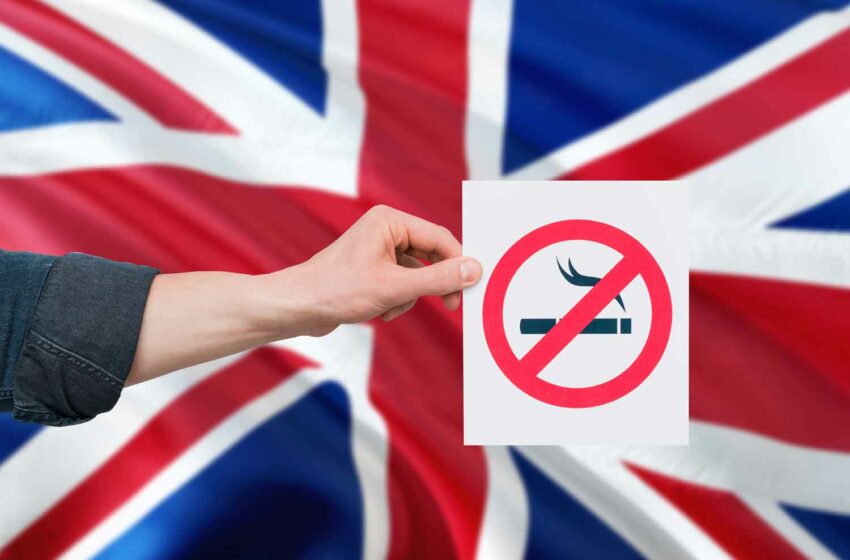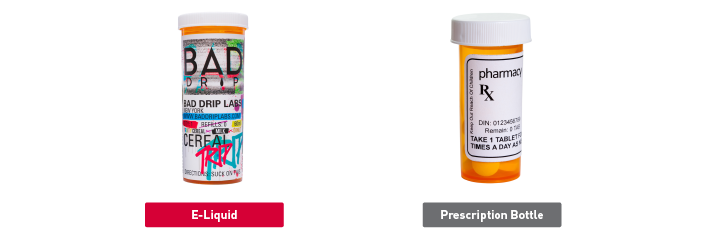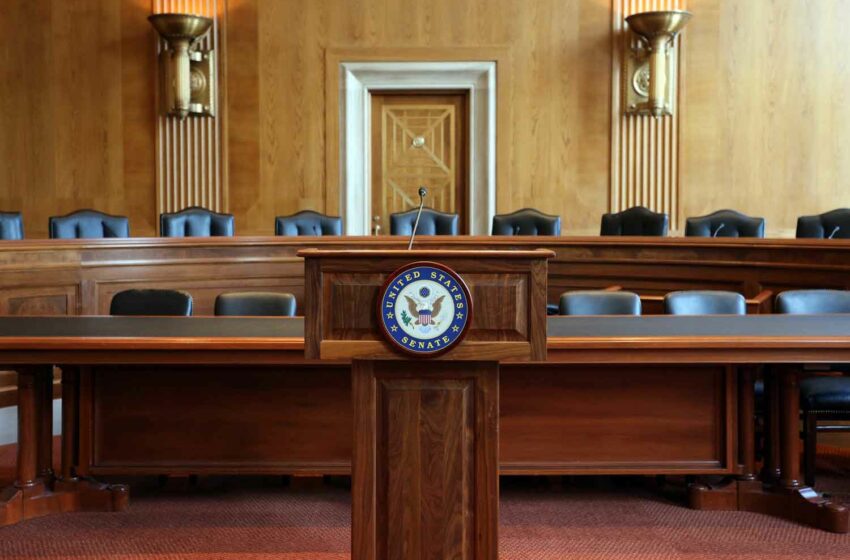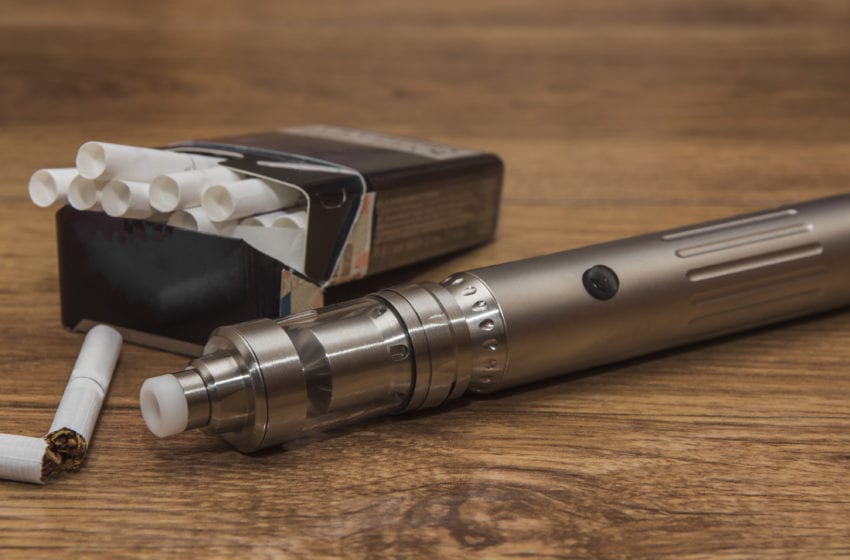
A new study has provided an in-depth look into the rising trend of disposable vape use among young people in the U.K.
Led by the University of East Anglia and published in Addiction, the research reveals that young people see smoking and vaping as interchangeable, but are far more aware of the potential harms of vaping than they are of the dangers of smoking.
The findings also suggest that banning disposable vape products or increasing their prices could lead young people to revert to smoking tobacco.
Many of the young people questioned also believed that if disposable vapes were banned, they would be able to continue using them by stockpiling or purchasing illegally.
“Youth use of disposable vapes has surged in recent years in the U.K.,” said lead researcher Caitlin Notley, a professor of addiction sciences at UEA’s Norwich Medical School, in a statement.
“Despite this increase, little was previously known about the motivations behind this trend and the experiences of young people who use these products.
“This study aimed to explore these aspects, providing valuable insights into the factors influencing youth vaping behavior.”
The study recruited 29 young people aged between 16 and 20 and a range of methods were used to probe their motivations, experiences and perceptions of using disposable vapes.
Each approach was chosen to best suit the needs of the participant—from individual interviews with researchers, to recorded conversations in friendship pairs using prompt cards without a researcher present, to small group interviews designed to support those with special educational needs.
The key findings include:
- Individual motivations: Participants highlighted key characteristics of disposable vapes that appealed to them, such as affordability, ease of access, and the attractive designs, colors, names, and flavors.
- Behavior patterns: Many young people engaged in both vaping and tobacco smoking, viewing these behaviors as interchangeable based on the context. There was a common misconception about the relative harms of vaping compared to smoking.
- Social and emotional factors: Experimentation with vapes was prevalent, and many young people used vapes to manage stress and anxiety. Vaping was also identified as a social activity, widely accepted among peer groups. Notably, participants were more informed about the potential harms of vaping than those associated with smoking.
- Regulation: Strict regulatory measures, such as banning disposable vape products or increasing their prices, could lead young people to revert to smoking tobacco. Many of the young people believed that if disposable vapes were banned, they would be able to continue using them by stockpiling or purchasing illegally.
“Disposable vapes are particularly attractive and accessible to young people in the U.K, contributing to the normalization of vaping within this demographic,” said co-author Ian Pope, from UEA’s Norwich Medical School. “Despite recognizing the potential health risks, young people continue to engage in both vaping and smoking, often interchangeably.
“The widespread availability of underage vape sales and availability of illicit vapes further exacerbates this issue.”
The researchers say the study suggests that young people’s use of disposable vapes could be reduced by tighter enforcement of age of sale and restricting packaging and marketing.
However, they also say the evidence suggests these sorts of interventions have the potential for significant unintended consequences, including increased use of illicit vapes and increased tobacco use amongst young people.
“Therefore any interventions to combat use of disposables may need to be accompanied by policy interventions to reduce access to illicit vapes and tobacco and increase awareness of the relative harms of tobacco compared to vapes,” said Notley.
The research was conducted in partnership with the Norfolk and Norwich University Hospital and the Nicotine, Tobacco and Vaping Research Group at London South Bank University.
The study was funded by the Norfolk and Norwich University Hospital Foundation Trust through the National Institute for Health and Care Research’s Research Capability Fund.











 The US Food and Drug Administration has sent warning letters to six online retailers for selling unauthorized e-liquid products from the Bad Drip brand that imitate prescription drug bottles.
The US Food and Drug Administration has sent warning letters to six online retailers for selling unauthorized e-liquid products from the Bad Drip brand that imitate prescription drug bottles.









